
Reasons Why You Need a Naturopath Marketing Plan for Your Naturopathic Clinic’s Growth
Reasons Why You Need a Naturopath Marketing Plan for Your Naturopathic Clinic’s Growth It demands a strategic marketing approach to
A definitive Business Growth & Marketing System aimed at setting the right strategy, increasing visibility, engagement, and revenue through targeted campaigns and activities and analytics-driven insights.
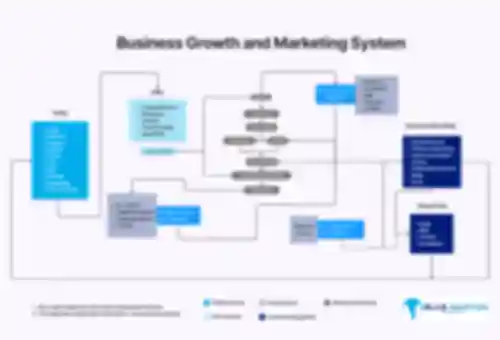
Business growth marketing is a strategic framework designed to streamline business practices and create growth based on a customized approach. This means starting with designing the right business strategy and plan, executing a marketing plan in line with specific goals and timelines. It lays more stress on practicing a growth mindset by focusing on lead generation and revenue building for sustainable success.







Effective business strategies enhance growth and openness to opportunities, and streamlined processes ensure success over time by being responsive to current market situations and customer requirements. Marketing for business growth plays an imperative part here.

Clear objectives always boost confidence within a team, allowing the right prioritization. Clarity ensures that resources are always put into the most impactful work to keep driving that form of growth

Investing in leadership development helps reinforce core management skills, enabling the organization to operate based on collaboration and accountability. Effective leaders help improve team performance and foster innovation, making the business successful overall.

Maximizing processes will improve efficiency by saving time and resources. Redundancies are eradicated coupled with automation of tasks; hence an organization is focused on performing core activities that generate value and growth.

A tailored business growth and marketing system aligns strategies with your unique goals, enhancing efficiency, improving customer engagement, and driving sustainable growth while attracting new clients.

Design and implement focused marketing programs and customer interface initiatives to attract new customers and retain old customers, culminating in increased sales and market share.

Business strategies which have been proven and are done with measurable return on investment, hence providing overall performance improvement with the lowest risk and highest potential profitability for all aspects of operation.

Highlight innovative methods that can provide greater revenue streams and increased profit margins through effective marketing, cost optimization, effective pricing, and successful product or service line extension.

Implement strategic planning, monitor key performance indicators, and make adjustments in changes in the market for sustained development over time.

Identify constraints that might otherwise limit business expansion and come up with solutions responsive to these threats for easier progress with higher operational efficiency going forward.

Establish clear marks of success and success metrics to track progress, evaluate performance, and make more meaningful decisions that can help drive organizational effectiveness and overall results.


Conduct extensive assessments and market research to get insight into customers' preferences, industry trends, and the competitive landscape that will guide them into informed decision-making on deploying effective growth strategies.

Develop a complete growth and marketing strategy to address your business goals by focusing on specific audiences through data-driven insights and maximizing any leverage for impact and effectiveness.

Implement your customized marketing strategy with a clear plan and schedule, which executes the initiatives at the right time but allows room for different adjustments based on performance or market conditions.

Based on measurable output and tangible results by constant monitoring and optimization of strategy, all objectives are achieved effectively and efficiently in the business.
Leverage our expertise in small business marketing.
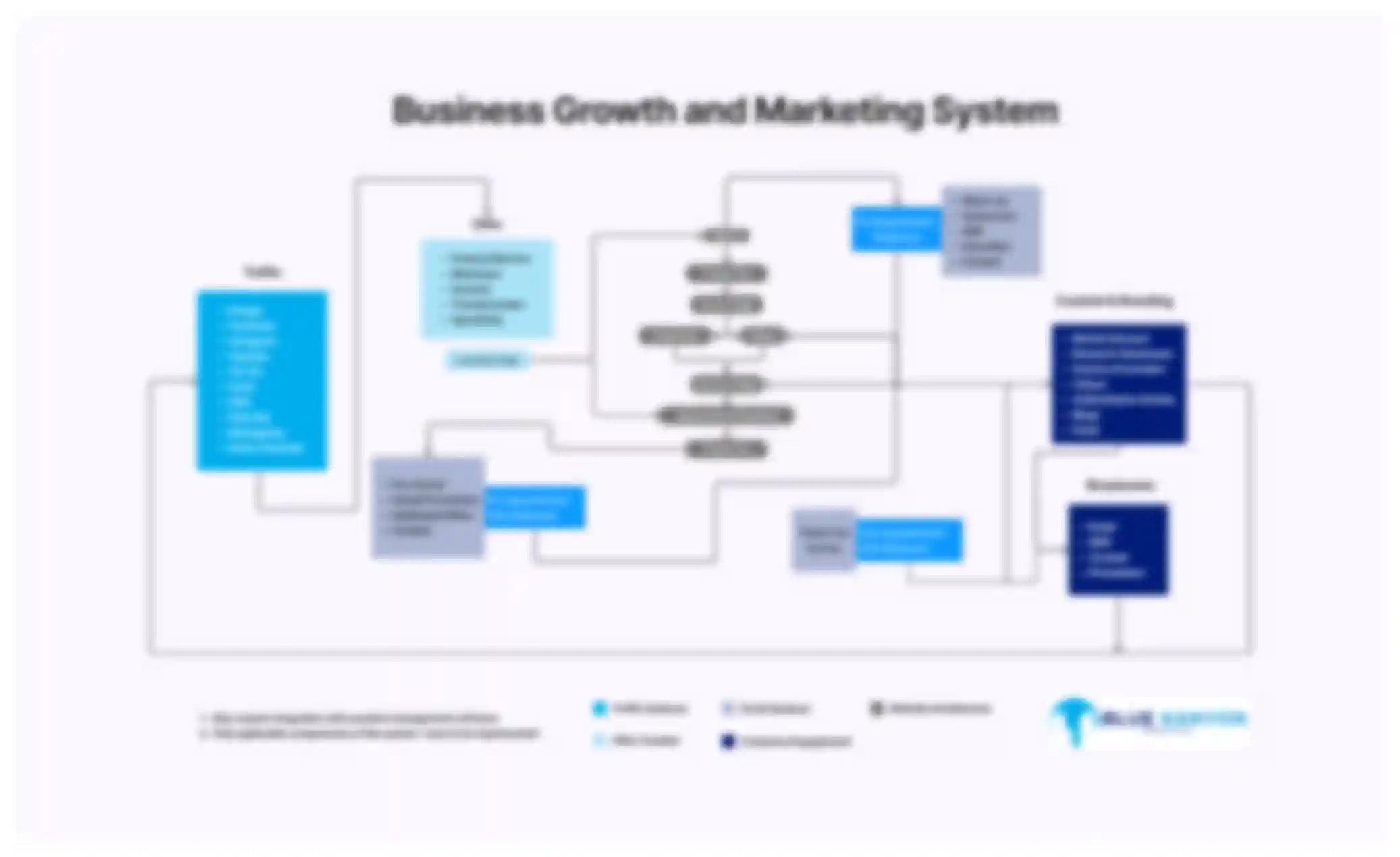





Dr. Mahananda Bhandari
Brenda McKinley
Ron Warby


Start with a Discovery Call to discuss your goals. We’ll assess your current state and suggest a strategy on how you can achieve your business goals. If needed, we will revise your business plan. Next, we develop a custom growth and marketing plan tailored to your business. As we execute the plan, we continuously monitor performance and adjust for optimal results
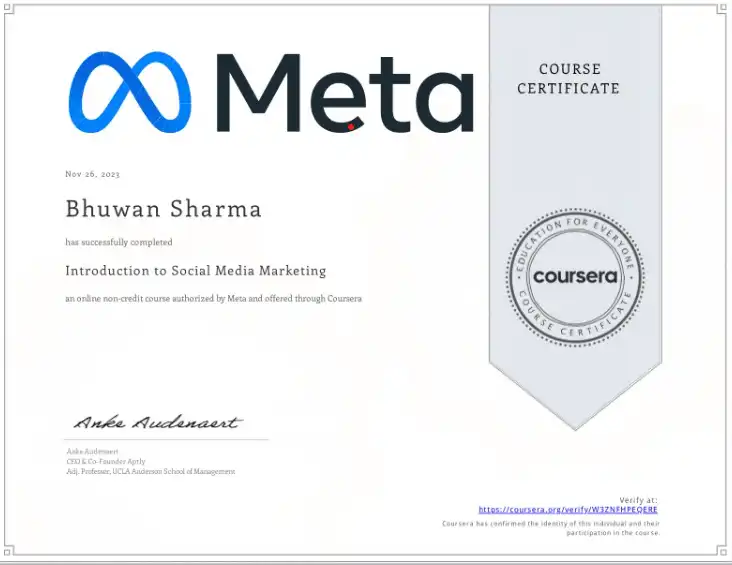

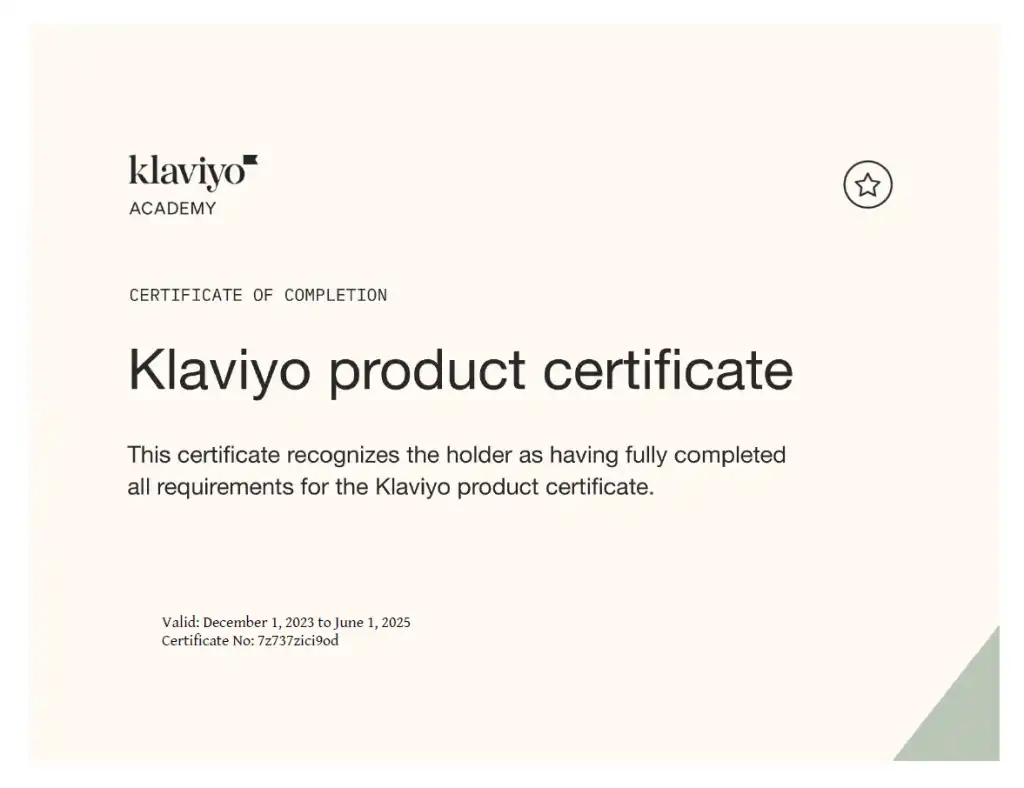
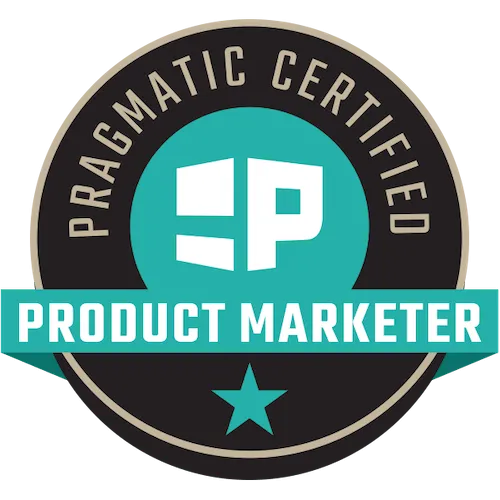


Reasons Why You Need a Naturopath Marketing Plan for Your Naturopathic Clinic’s Growth It demands a strategic marketing approach to

Local SEO for Naturopaths: Everything You Need to Know Implementing Local SEO for Naturopaths can elevate your practice, increase visibility,

Marketing Strategies for Patient Acquisition and Retention in Dentistry Running a successful naturopathic practice involves more than providing holistic care.
Yes, we do. Our ideally structured business growth system includes clear strategies, measurable goals, and constant evaluation to fuel sustainable development and success.
Growth marketing matters because it deals with the long-term relationship with customers; it helps in the maximization of engagement and, more importantly, drives sustainable revenue growth for businesses.
The primary objective of growth marketing is to identify scalable customer acquisition and retention strategies that drive overall business profitability.
The best way to set up a proper growth strategy is to define markets and goals, implement marketing plan, properly use data, and continuously improve based on achieved results.
Growth marketing is the process of focusing on strategy-first data-driven choices, improving customer experience engagement, and innovating traditional advertising to create sustainable growth rather than just traditional or digital marketing.
There are four growth strategies in marketing: market penetration, market development, product development, and diversification.
SMEs can effectively use growth marketing by leveraging targeted strategies, optimizing their online presence, engaging with customers, and using data analytics to inform decisions.
Data plays an extremely important role in growth marketing since it tells much about customers’ behavior. Therefore, it is important to personalize specific strategies and optimize campaigns for better results.
The benefit of growth marketing is that services are offered by agencies with professionals who are experts in strategy, growth marketing and its scope and application.
Common errors in growth marketing include lack of business and marketing strategy, neglect of data analysis, failure to define target audiences, no heed to customers’ feedback, and unclear strategy.
A/B testing is important for growth marketing because it represents various testing skills through risk-taking and mimics real-world situations where every marketing attempt does not pay off.
The essential metrics for growth marketing success include customer acquisition cost, lifetime value, conversion rates, retention rates, and overall revenue growth.